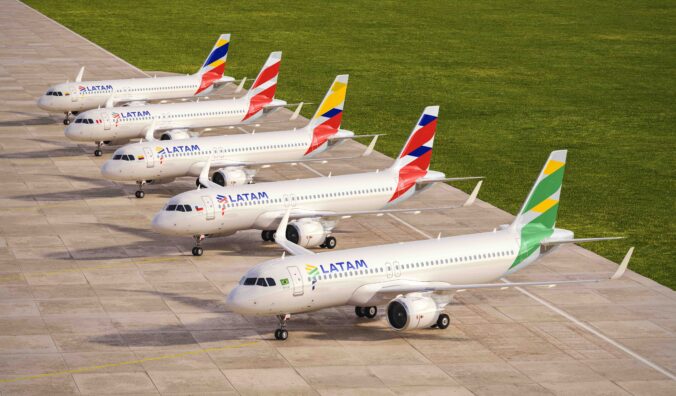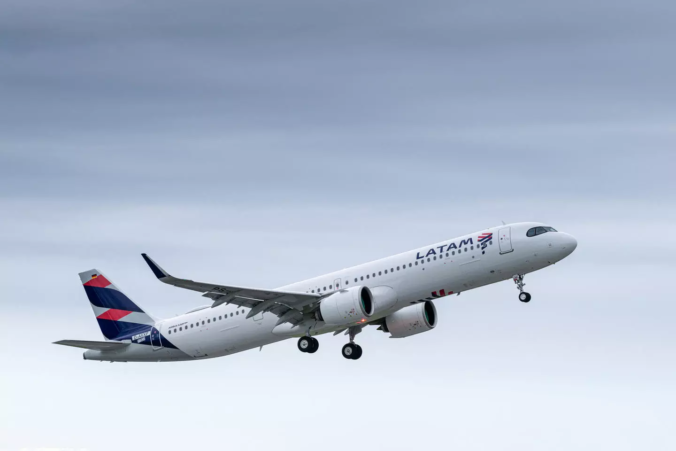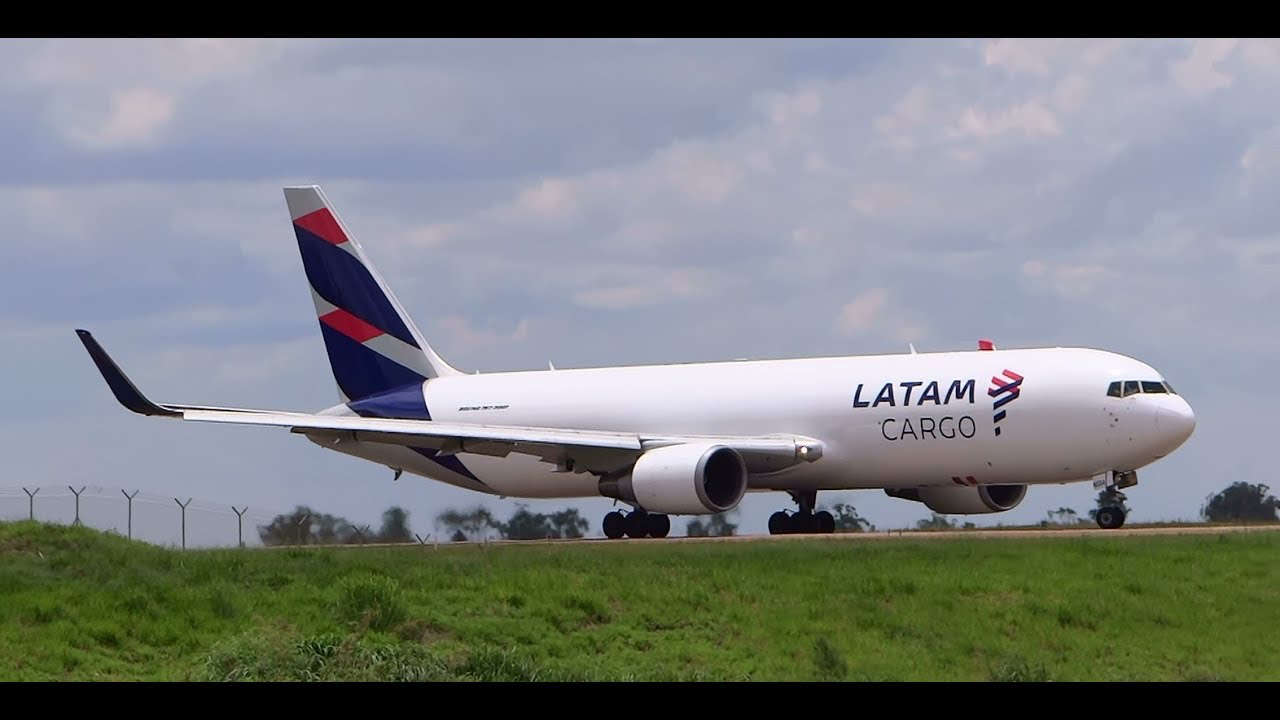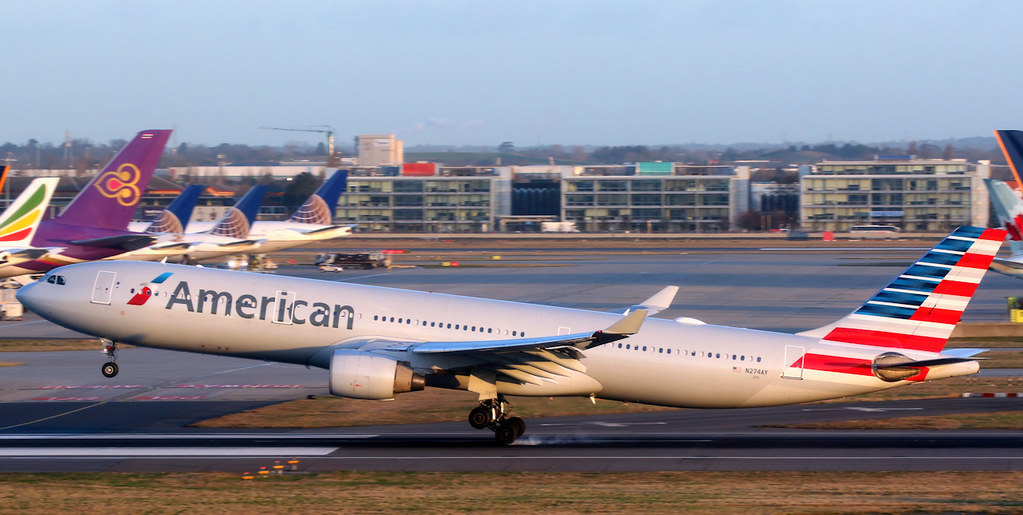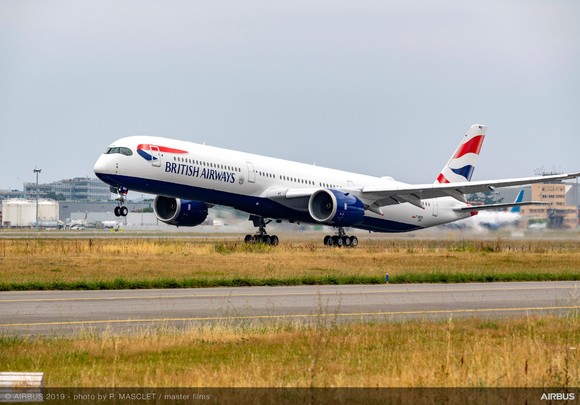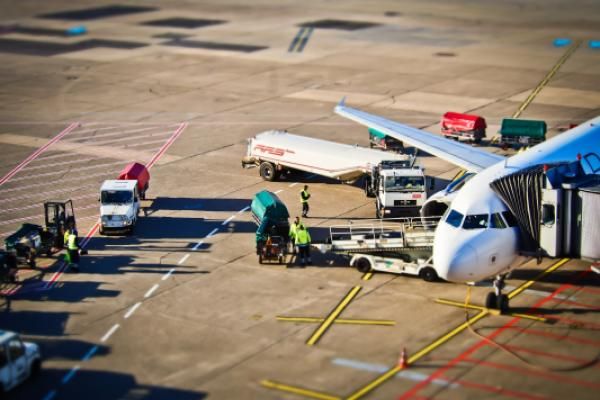- Airline announces plan to offset carbon emissions for all UK domestic flights from 2020
- British Airways to invest in verified carbon reduction projects around the world
- From 2020, British Airways’ carbon emissions on international flights will be capped through the United Nations’ carbon offsetting scheme
- Announcement comes as parent company International Airlines Group (IAG) announces commitment to achieving net zero carbon emissions by 2050
From January 2020, British Airways will become the first UK airline to offset carbon emissions on all its flights within the UK.
All customers flying within the UK next year on flights operated by British Airways will have the carbon emissions from their flights offset by the airline and invested in carbon reduction projects around the world*. These quality assured projects will include renewable energy, protection of rainforests and reforestation programmes.
The airline operates up to 75 flights a day between London and 10 UK cities, including Manchester, Leeds, Newcastle, Isle of Man, Edinburgh, Glasgow, Aberdeen, Belfast City, Inverness and Jersey. British Airways’ domestic emissions total around 400,000 tonnes of C02 a year.
Today’s announcement comes as British Airways’ parent company, International Airlines Group (IAG), became the first airline group worldwide to commit to achieving net zero carbon emissions by 2050, contributing to both the UK Government’s commitment to a net zero carbon economy by 2050 and the United Nations’ objective to limit global warming to 1.5 degrees. IAG’s emissions’ goal will be achieved through numerous environmental initiatives, including investing more than US$400m in the development of sustainable aviation fuels over the next 20 years.
Alex Cruz, British Airways’ Chairman and Chief Executive, said: “British Airways is determined to play its part in reducing aviation’s CO2 emissions. To solve such a multi-faceted issue requires a multi-faceted response and this initiative further demonstrates our commitment to a sustainable future. It also follows our announcement to partner with renewable fuels company, Velocys, to build a facility which converts household and commercial waste into renewable sustainable jet fuel to power our fleet.”
While customers on UK domestic flights will not need to offset their emissions, those travelling further afield can also reduce their impact on the environment by using British Airways’ carbon offsetting tool. The carbon tool enables customers to calculate their emissions and then invest in carbon reduction projects including high quality forestry and renewable energy projects in Peru, Sudan and Cambodia**.
Using the tool, which can be accessed on https://www.pureleapfrog.org/ba/carbon_zero, a customer will pay around £1 to offset a return flight from London to Madrid, travelling in economy, while from London to New York in business class will cost around £15.***
Notes to Editors
* British Airways is investing in Verified Carbon Standard projects.
**British Airways’ offset scheme is operated through the airline’s partnership with not-for-profit organisation Pure Leapfrog. For more information on the carbon reduction projects, visit: https://www.pureleapfrog.org/ba
***While customers travelling on domestic flights’ carbon emissions are offset for them, customers flying outside of the UK can choose to pay to offset their emissions. Examples of pricing are shown below:
| Journey | Cost to offset |
| London to Madrid (economy) | £ 1 |
| London to New York (economy) | £ 5 |
| London to New York (business) | £ 15 |
| London to Los Angeles (economy) | £ 8 |
| London to Los Angeles (business) | £ 24 |
| London to Hong Kong (business) | £ 26 |
Customers can find a link to the carbon calculator at https://www.pureleapfrog.org/ba/carbon_zero
